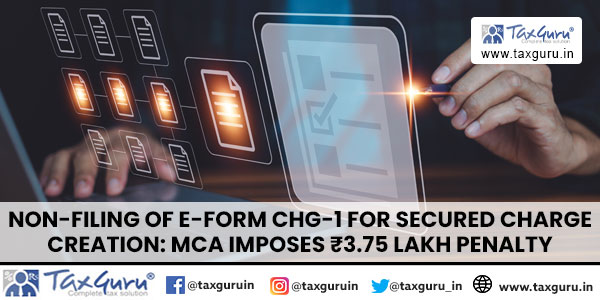Budget 2015- Provision for Revision of order that is erroneous in so far as it is prejudicial to the interests of revenue
The existing provisions contained in sub-section (1) of section 263 of the Income-tax Act provides that if the Principal Commissioner or Commissioner considers that any order passed by the assessing officer is erroneous in so far as it is prejudicial to the interests of the Revenue, he may, after giving the assessee an opportunity of being heard and after making an enquiry pass an order modifying the assessment made by the assessing officer or cancelling the assessment and directing fresh assessment.
The interpretation of expression “erroneous in so far as it is prejudicial to the interests of the revenue” has been a contentious one.
In order to provide clarity on the issue it is proposed to provide that an order passed by the Assessing Officer shall be deemed to be erroneous in so far as it is prejudicial to the interests of the revenue, if, in the opinion of the Principal Commissioner or Commissioner,—
- the order is passed without making inquiries or verification which, should have been made;
- the order is passed allowing any relief without inquiring into the claim;
- the order has not been made in accordance with any order, direction or instruction issued by the Board under section 119; or
- the order has not been passed in accordance with any decision, prejudicial to the assessee, rendered by the jurisdictional High Court or Supreme Court in the case of the assessee or any other person.
This amendment will take effect from 1st day of June, 2015.
Clause 65 of the Bill seeks to amend section 263 of the Income-tax Act relating to revision of orders prejudicial to revenue.
The existing provisions contained in sub-section (1) of section 263 provide that if the Principal Commissioner or Commissioner considers that any order passed by the assessing officer is erroneous in so far as it is prejudicial to the interest of revenue, he may, after giving the assessee an opportunity of being heard and after making or causing to be made an enquiry, as he deems necessary, pass an order modifying the assessment made by the assessing officer or cancelling the assessment and directing fresh assessment.
It is proposed to amend sub-section (1) of the aforesaid section to insert an Explanation so as to provide that an order passed by the Assessing Officer shall be deemed to be erroneous in so far as it is prejudicial to the interests of the revenue, if, in the opinion of the Principal Commissioner or Commissioner,––
(a) the order is passed without making inquiries or verification which, should have been made;
(b) the order is passed allowing any relief without inquiring into the claim;
(c) the order has not been made in accordance with any order, direction or instruction issued by the Board under section 119; or
(d) the order has not been passed in accordance with any decision which is prejudicial to the assessee, rendered by the jurisdictional High Court or Supreme Court in the case of the assessee or any other person.
This amendment will take effect from 1st June, 2015.
In section 263 of the Income-tax Act, in sub-section (1), the Explanation shall be numbered as Explanation 1 thereof and after Explanation 1 as so numbered, the following Explanation shall be inserted with effect from the 1st day of June, 2015, namely:—
“Explanation 2.—For the purposes of this section, it is hereby declared that an order passed by the Assessing Officer shall be deemed to be erroneous in so far as it is prejudicial to the interests of the revenue, if, in the opinion of the Principal Commissioner or Commissioner,—
(a) the order is passed without making inquiries or verification which should have been made;
(b) the order is passed allowing any relief without inquiring into the claim;
(c) the order has not been made in accordance with any order, direction or instruction issued by the Board under section 119; or
(d) the order has not been passed in accordance with any decision which is prejudicial to the assessee, rendered by the jurisdictional High Court or Supreme Court in the case of the assessee or any other person.”.


























